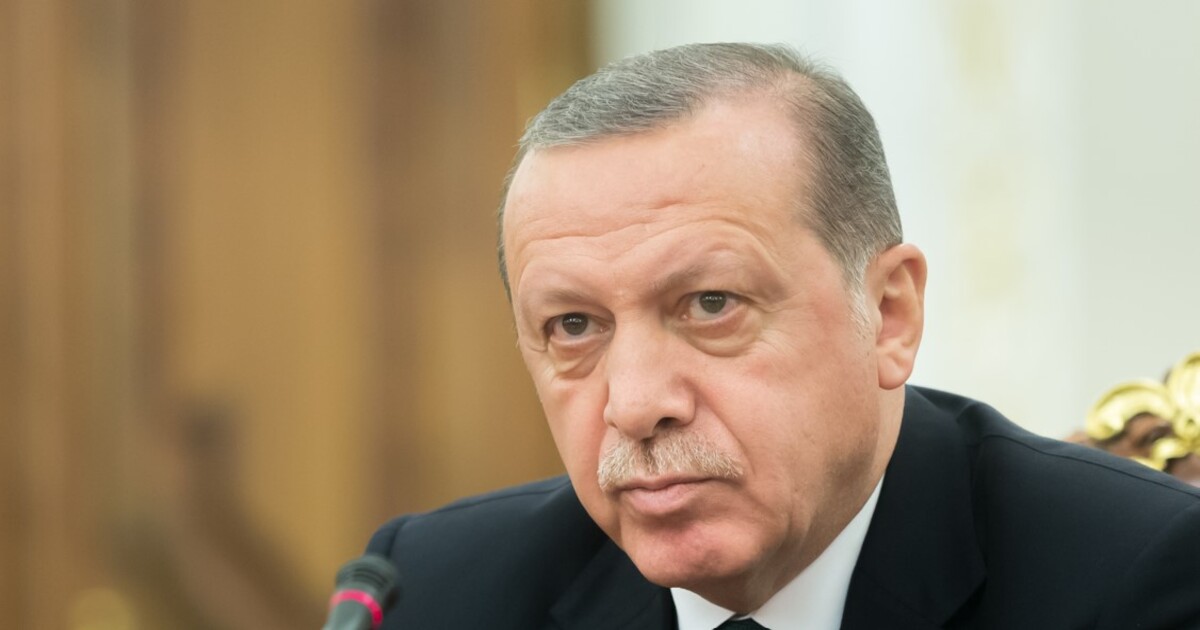Syria’s Refugees – Part 2: The Realistic Policy Options
What are the challenges, opportunities and solutions to the Syrian refugee crisis?
January 11, 2025

More than six million Syrians who left their homes mostly sought refuge in Turkey, Lebanon and Jordan – and also in Germany.
The 3.5 million Syrians remaining in Turkey have little chance of moving further west to Europe – but also little desire to return home. They and their families have jobs and have built new roots and connections that, for most people, are too valuable to forgo.
What about deportation as a policy option? Iran deported approximately 1.5 million Afghans between 2002 and 2009, only to see a larger influx in subsequent years.
Nearly 45 years after the Soviet invasion of Afghanistan, the Afghan population in Iran – whether refugees or undocumented migrants – has grown to as high as 4.5 million, many arriving there after the U.S. withdrawal in 2021.
The experience of Afghan refugees thus offers a clear warning: Forcibly expelling refugees or expecting them to return without real guarantees of stability will only lead to more displacement.
Quite a few Syrians are “situational refugees” – those Syrians who would have stayed, had the security they sought been available, regardless of the brutality of the Assad regime. Among this group were the well-to-do Syrians and those with family resources.
As the situation in Syria remains unpredictable, the likelihood of a large-scale return of refugees seems increasingly unlikely.
The probable failure to move to a stable post-Assad Syria only further diminishes the possibility of return, while it will most likely create yet another population of refugees.
For Turkey and other regional and international actors competing for influence in Syria, the focus should now shift toward creating realistic and humane pathways for refugees.
For the foreseeable future, the goal must be to integrate these refugees into their host societies as well as investing in regional stability and ensuring that efforts to rebuild post-Assad Syria prioritizes the security and economic well-being of its citizens.
Without these measures, the cycle of displacement and instability will continue, not just for Syrians, but for the region as a whole.
If any Syrian refugee in Turkey now decides to move and has the means to move, it will likely be the younger refugees, heading further west from Turkey – rather than returning to Syria.
Sources: Danish Institute for International Studies, Human Rights Watch, European Commission, Statista
Takeaways
What are the challenges, opportunities and solutions to the Syrian refugee crisis?
